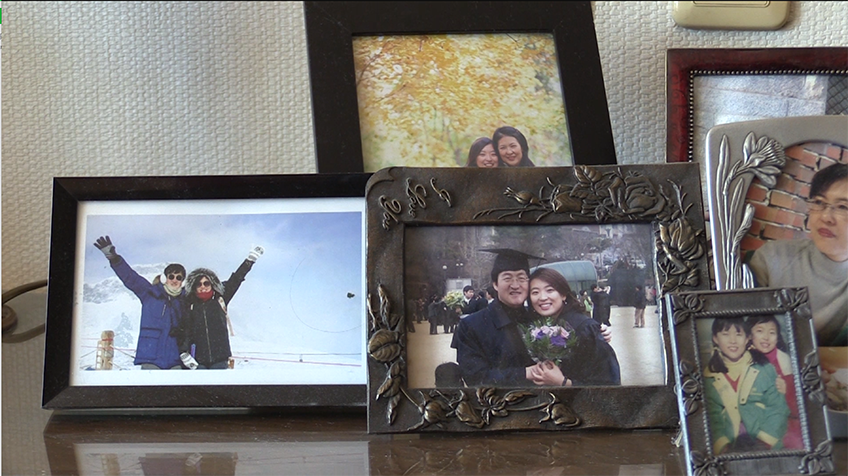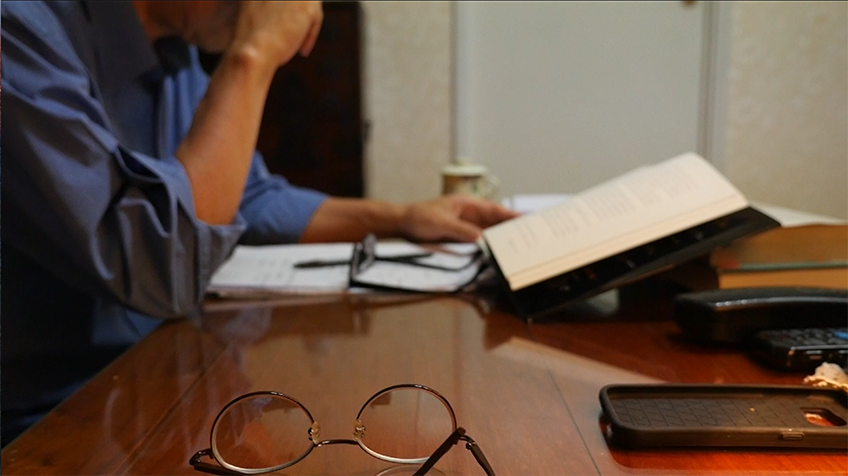The Orchid and the Sword
Lim Gyung-hee
- Korea
- 2016
- 79min
- DCP
- color
World Premiere
Synopsis
In 2014 an email from a father arrives. He asks his daughter to complete his book Travelogue to Manchuria on his behalf as he is going blind. Da-hoon, the daughter, has mixed feeling about this request. In January 2015, she heads for Manchu with him, carrying his script as if it is his will.
She gets to understand her father through completing a manuscript to restore Korea's history of independence in the course of her trip.
Review
The title of the documentary, named for the exhibition The Orchid and the Sword held in memory of independentista Woodang Lee Heo-yung in 2014, makes us suppose that it would be a work dealing with the life of an independentista forgotten. But what stands out for the run of the film, it is the lives of two persons, a researcher considering the lives of independentist as his life and his daughter grown up under his influence. And the director of the documentary, a friend of the daughter, isn't much noted for her voice, but takes an instance in the film by observing them. At first the director delivers the purpose of this work as a narrator in the first person in the film. But as the researcher Chung In-hwa and his daughter Chung Dahoon appear one by one, the role of the director as a narrator pales into insignificance. The conversation between the father and the daughter is not only comprised of intellectual and sentimental comments on the history, but also it is personal. Here, the director does not disappear but remains as a person with a personal position to hear the truth the daughter could not tell to her father or to envy the friend for the relationship with her father. In the course of their journey, the tone of the documentary moves from a historical work, through a documentary dealing with persons, to a personal documentary for the director. It shows that the personal is inseparable from the history. [Kim So-hui]
Director
-

Lim Gyung-hee
The Orchid and the Sword (2016) This is the story of my 20-year-old friend Da-hoon and her father’s trip in Manchuria. They are tracing for the activists who fought to the death for the independence of their nation Korea from Japan. These are the people who have never included nor mentioned in the modern history of Korea. I wanted to ask, through this film, how we could define history, particularly, a modern history of Korea. I also wanted to share the hope that we can reconcile generation conflicts, through this story of a father and a daughter.
Credit
- ProducerPark Bong-nam
- Cast Chung Da-hoon, Chung In-hwa
- Cinematography Lim Gyung-hee
- Editor Lim Gyung-hee
Contribution / World Sales
Contribution / World Sales Lim Gyung-hee
E-mail lie2335@naver.com


